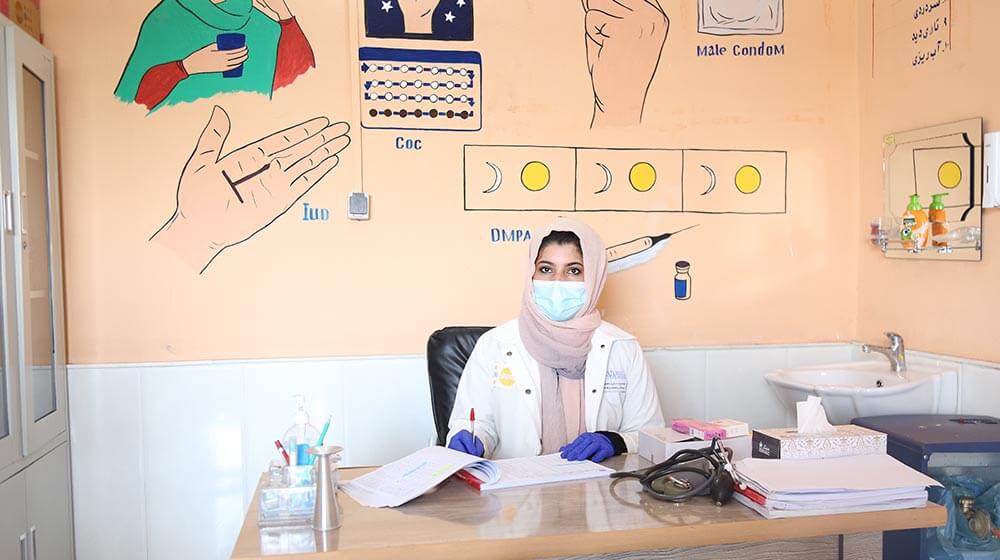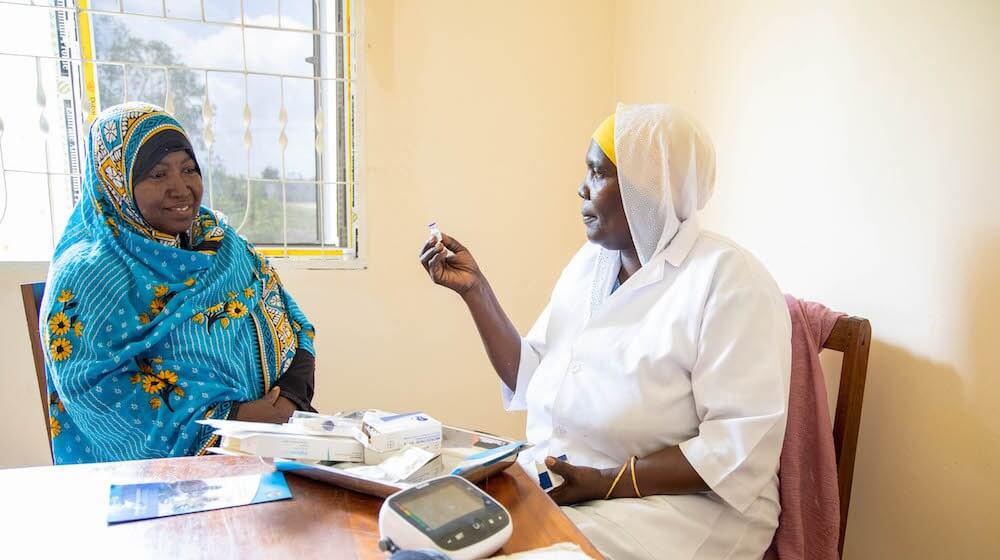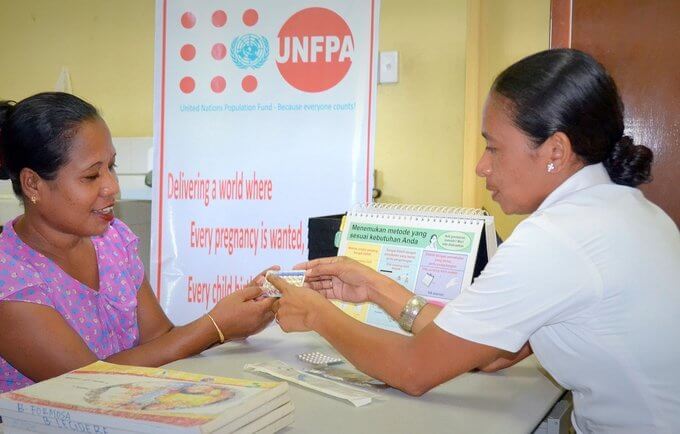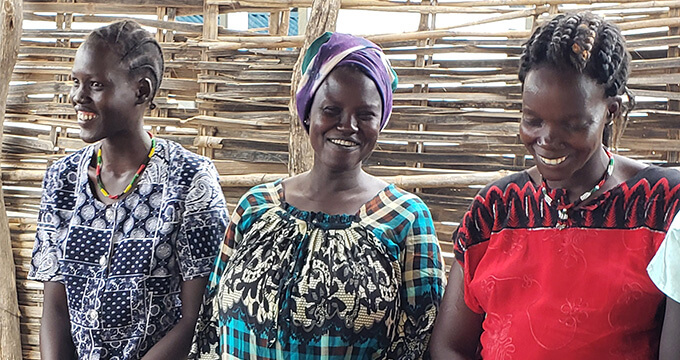Family Planning
Enter the amount you wish to give
Half of all pregnancies are unintended.
Family planning–which includes information about contraceptives and fertility and access to contraception–is lifesaving and world-changing. When women and girls have the power to decide if and when to get pregnant, they can pursue their education and careers, creating safer and healthier families, communities, and a safer world.
But, right now, 218 million women around the world who want to avoid pregnancy are unable to access modern and effective contraceptives. They face barriers like a lack of information or support services, social stigma, resistance from partners or family members, and supply shortages. Worldwide, these barriers contribute to over 121 million unintended pregnancies each year.
Unintended pregnancies upend lives. Women may be forced to abandon their education or careers, to stay in abusive relationships, and to undertake financial burdens that perpetuate the cycle of poverty. Moreover, some unintended pregnancies will result in death. Every year 260,000 women die from pregnancy and childbirth complications and many more face life-altering injuries, infections, and disabilities.

Why Family Planning Matters
-
Family planning is a human right. It gives women the power and agency to decide if, when, and with whom to have children.
-
Family planning is central to gender equality and poverty reduction. It enables women to complete their education, pursue their career goals, and strengthen their economic security and well-being.
-
Family planning saves lives. It is key to reducing maternal deaths and injuries and preventing unsafe abortions.
-
One-third of preventable maternal deaths could be eliminated by providing access to family planning.

Our Work Empowering Women to Plan their Pregnancies
-
Providing women and girls with the full range of family planning options, including short-term options (birth control pills), long-term options (IUDs, implants, and vasectomies), and barrier options (male and female condoms). This empowers women to choose the birth control that is best for their bodies, family plans, and futures.
-
Reaching women and girls with comprehensive sexuality education, so they are knowledgeable about their rights and bodies.
-
Strengthening supply chains, so women and girls always have access to family planning when they need it–including during emergencies.
Our Impact in 2023
17.9 M
Women
prevented unintended pregnancies
6.4 M
STIs
were averted
1 Billion+
Condoms
and other contraceptives distributed

JOIN US TO EMPOWER WOMEN TO PLAN THEIR PREGNANCIES
We believe in a world where every person has control over their own body and reproductive choices. Your partnership is fundamental to achieving this goal, which, in empowering women to build their own futures, will create a better world for us all.


